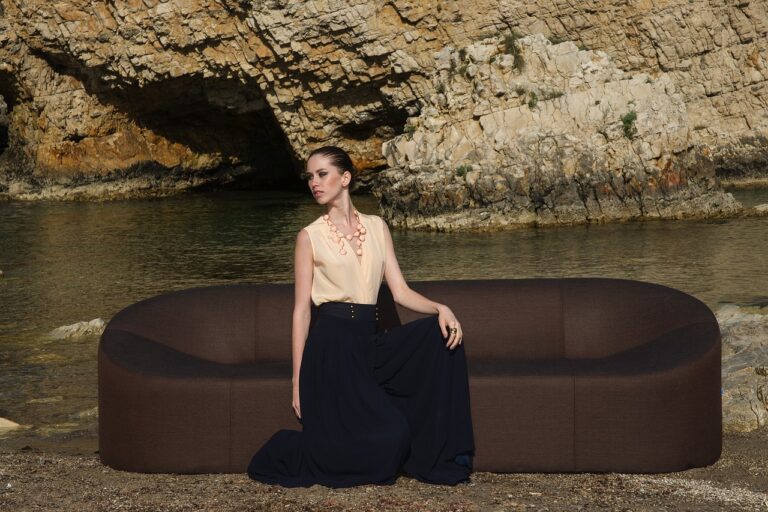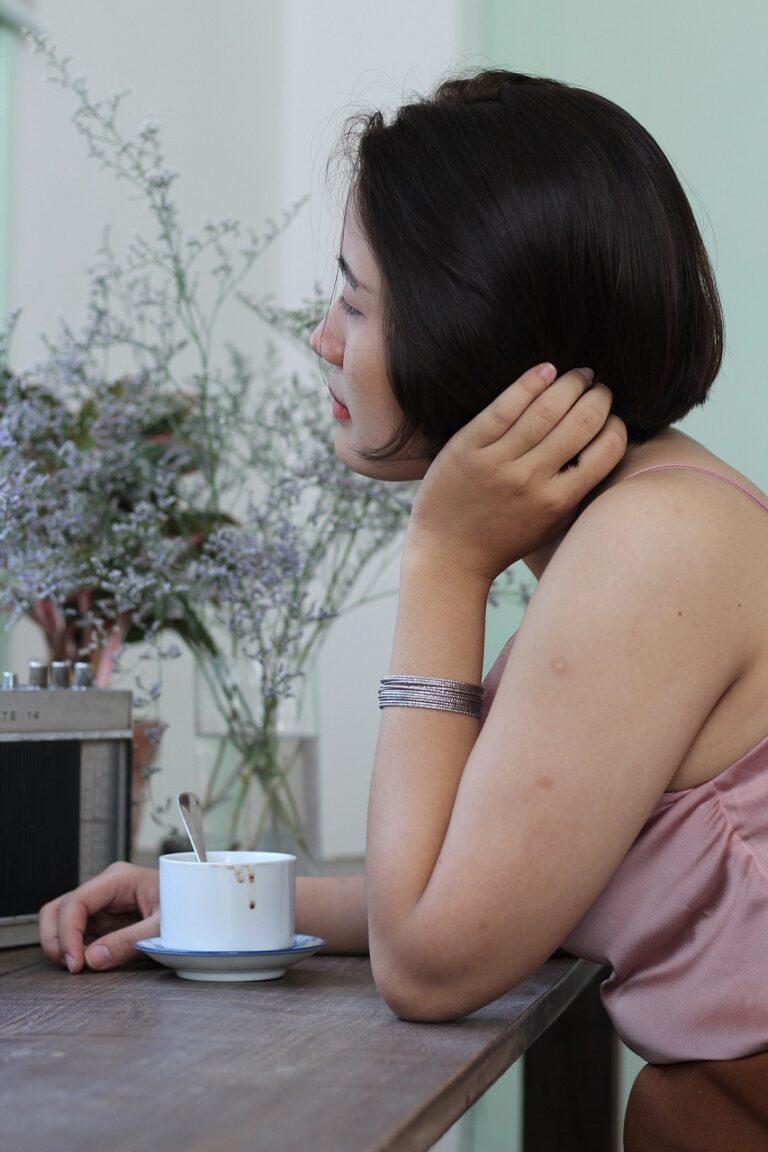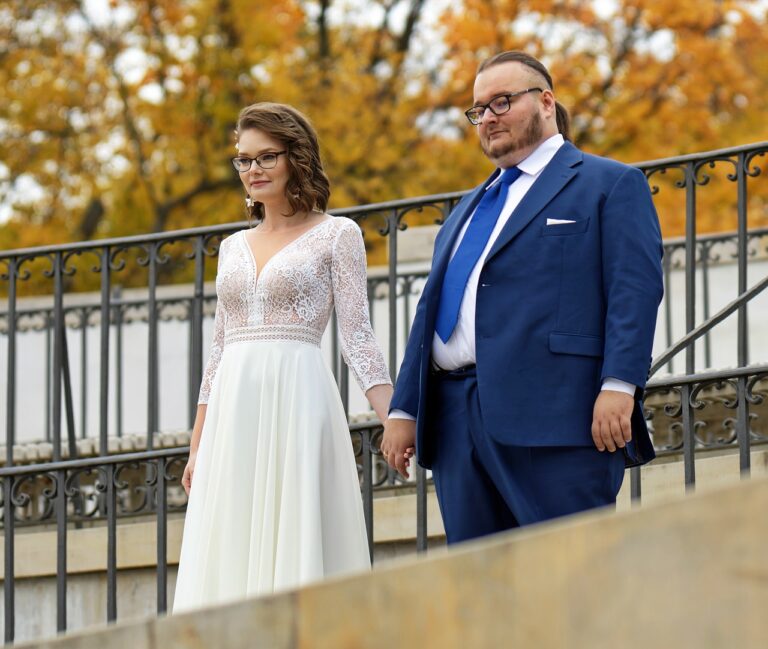The Psychology of Fashion: How Clothing Choices Impact Perception: Diamond exchange 9, Sky99exch, Reddybook
diamond exchange 9, sky99exch, reddybook: When we think about fashion, we often consider it as a form of self-expression or a way to showcase our personal style. However, did you know that the clothes we choose to wear can also have a significant impact on how others perceive us? The psychology of fashion plays a crucial role in shaping the way we are perceived by others, influencing everything from first impressions to social interactions.
1. First Impressions Matter
Whether we like it or not, first impressions are formed within seconds of meeting someone. And one of the first things people notice about us is our clothing. The clothes we wear can convey a range of messages about our personality, status, and even our level of success. A well-dressed individual is often seen as more competent, confident, and capable than someone who is sloppily dressed.
2. The Halo Effect
The halo effect refers to the cognitive bias where we tend to assume that someone who looks good on the outside must also be good on the inside. This means that people who are well-dressed are often perceived as more likable, trustworthy, and approachable than those who are not. Brands and retailers understand the power of the halo effect, which is why they invest heavily in marketing and advertising campaigns to create a positive image around their products.
3. Dressing for Success
Studies have shown that dressing professionally can boost your confidence and performance in the workplace. When you dress the part, you are more likely to be taken seriously by your colleagues and superiors. Additionally, dressing well can also help you stand out from the crowd and leave a lasting impression on potential employers or clients.
4. The Influence of Color
Color plays a crucial role in the psychology of fashion. Different colors can evoke different emotions and perceptions. For example, wearing red can make you appear more assertive and powerful, while wearing blue can convey a sense of trustworthiness and reliability. Understanding the psychological impact of colors can help you make more informed decisions when choosing what to wear.
5. Body Language and Clothing
Our choice of clothing can also influence our body language and the way we carry ourselves. When we wear clothes that make us feel good, we are more likely to exude confidence and project a positive image to those around us. On the other hand, ill-fitting or uncomfortable clothing can make us feel self-conscious and insecure, affecting our posture and overall demeanor.
6. Conclusion
In conclusion, the psychology of fashion is a fascinating field that explores the complex relationship between clothing choices and perception. By understanding the impact of our clothing choices, we can harness the power of fashion to shape how we are perceived by others and improve our confidence and self-image.
FAQs:
1. How can I use the psychology of fashion to boost my confidence?
By choosing clothes that make you feel good and confident, you can enhance your self-esteem and project a positive image to others.
2. Can clothing choices affect job interviews and career advancement?
Yes, dressing professionally and appropriately for the workplace can positively impact how you are perceived by colleagues, superiors, and potential employers.
3. How important is color when it comes to fashion psychology?
Color can have a significant influence on how we are perceived by others, evoking different emotions and perceptions based on the colors we wear.







